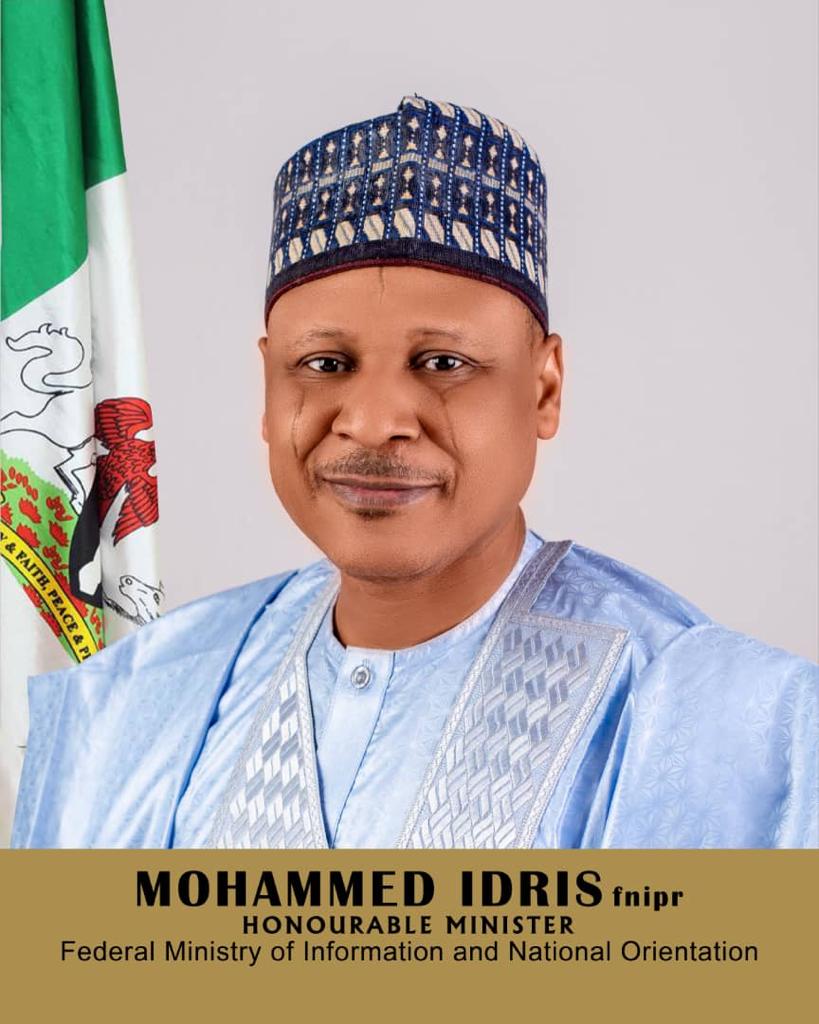When reports of forced return of some Nigerians from violence affected area of Borno state by Cameroon hit the news in January this year, it drew a lot of speculations and ire of international agencies. This is because an agreement has been in place which Cameroon was expected to respect.
The United Nations High Commissioner for Refugees (UNHCR), the UN Refugee Agency earlier raised alarm over the safety and well being of displaced Nigerians seeking refuge in Cameroon.
According to reports, an estimated 9,000 Nigerians fled across the border into Cameroon in January after militants attacked and ransacked the small border town of Rann in Nigeria’s Borno State.
It then would have been very shocking for thousands of Nigerians who ran to the Cameroon border, only to be denied entry and forcibly returned back to “face the death they had ran away from.”
Although, Cameroon is currently home to more than 370,000 refugees, including some 100,000 from Nigeria, however, the country in 2017 signed a tripartite agreement with Nigeria and UNHCR to protect and assist Nigerian refugees who were fleeing Borno state until the conditions improve and they could be assisted to return home in safety and dignity.
The deportations defy the UN refugee agency’s plea and the signed agreement not to return anyone to northeast Nigeria. It leaves the deportees facing spiraling violence, displacement and destitution, placing them at even in greater danger.
The UN High Commissioner for Refugees, Filippo Grandi was quoted saying, This action was totally unexpected and puts lives of thousands of refugees at risk. I am appealing to Cameroon to continue its open door and hospitable policy and practices and halt immediately any more returns and to ensure full compliance with its refugee protection obligations under its own national legislation, as well as international law.
As far as the insecurity situation in the North East does not abate, there would continue to be refugees seeking asylum in Cameroon and other neighbouring countries. These refugees should not be forced to return and they should return voluntarily when security is rest assured.
Majority of refugees only put off returning home because of lingering security crisis. If given a choice, many would opt to stay back and continue with their livelihoods. However, in the quest to stay alive, they had to flee their homes and ancestral lands, thus, the refugees should not be forced to travel back home unless they are guaranteed normalcy of all elements that caused their displacement in the first place.
Countries facing security and humanitarian challenges have to rise up to the occasion and ensure that returnees are supported and assisted to get back on their feet.
Host countries should endeavour to try to keep their borders open and thoroughly check the activities of their military personnel due to a lot of atrocities reportedly committed against refugees in the past.
Government of troubled countries, like Nigeria should endeavour to create adequate opportunities that support the integration of displaced persons into the society. Promotion of inclusive social and economic programmes must also be a major thrust of governance towards deradicalisation and development.
As the world marks the 2019 World Refugee Day, it is pertinent for all stakeholders including countries within the Lake Chad Basin to know that no one would willingly leave his abode for a place of uncertainty, thus, refugees should be treated with dignity. No refugee should be forced to relive the nightmare he wants to avoid. No one should be forced back to face danger and uncertainty.
Countries need to respect agreements regarding people seeking refuge in their territory. Voluntary return of refugees should be encouraged while forced return should be frowned upon.
This should be our creed as we take a step with refugees.
Asishana is a Journalist and writes in from Minna.



